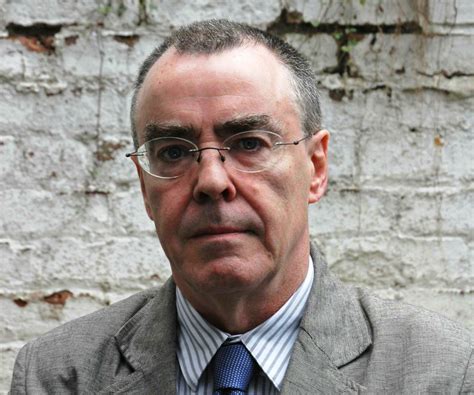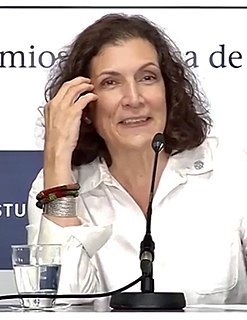A Quote by Ciaran Carson
There's a whole language out there, and one's role as a writer is to stumble around in it.
Related Quotes
My brain can form thoughts that come out through my mouth. The problem is sometimes I stumble the words because I speak five different languages - we know all that - so the thing is, I like to speak the language that everybody speaks all around the world, that the WWE Universe loves... that's the language of wrestling that I do in the ring.
Hiding is not an option and you're going to step out and you're going to make mistakes. I'm going to look stupid. I'm going to say things I want to retract. I'm going to sing notes I wish I could have back, there's just no getting around the stumble, but if you stumble enough times you're going to fall off the edge and have no choice but to freakin' fly.
Language makes it possible for a child to incorporate his parents' verbal prohibitions, to make them part of himself....We don't speak of a conscience yet in the child who is just acquiring language, but we can see very clearly how language plays an indispensable role in the formation of conscience. In fact, the moral achievement of man, the whole complex of factors that go into the organization of conscience is very largely based upon language.
Serial tasking is hard because switching tasks is hard, even when the tasks are easy and similar. In some experiments, bilingual speakers are asked to read out numbers, first in one language and then midway in another language. They often stumble at the switch, taking many tries before they hit their stride again.
Every sentence has a truth waiting at the end of it and the writer learns how to know it when he finally gets there. On one level this truth is the swing of the sentence, the beat and poise, but down deeper it's the integrity of the writer as he matches with the language. I've always seen myself in sentences. I begin to recognize myself, word by word, as I work through a sentence. The language of my books has shaped me as a man. There's a moral force in a sentence when it comes out right. It speaks the writer's will to live.
We believe we can also show that words do not have exactly the same psychic "weight" depending on whether they belong to the language of reverie or to the language of daylight life-to rested language or language under surveillance-to the language of natural poetry or to the language hammered out by authoritarian prosodies.







































